Description
SPECIMEN REQUIREMENTS Urine: 10 mL of the first-morning urine before food or drink is suggested. Fasting for 12 hours may increase the excretion of mycotoxins from the adipose tissue. However, fasting is not recommended if running this test in combination with other urine tests
MOLD EXPOSURE SOURCES
Most exposure to mold spores and mycotoxins comes from foods and the air. Mold is commonly found in grains and coffie, also, mold grows in water-damaged buildings (WDB) and releases spores that can be inhaled. Look for mold in air conditioning systems and air ducts, below-grade basements walls, crawlspaces, attics, and in-house dust from improper mold remediation projects. Mold my be in the AC system in your car/truck and in the HVAC system at your place of work.
INVASIVE MOLD GROWTH
If exposed to airborne mold there is the possibility that the spores will take up residence in the sinuses, produce mycotoxins, and negatively impact bodily systems, requiring a mold detox and rebuilding of affected systems.
ASSOCIATED DISEASES
Virtually every neurological disease has been associated with mycotoxin exposure: autism, Alzheimer’s disease, amyotrophic lateral sclerosis (LGD), multiple sclerosis, and Parkinson’s disease. There is a strong association between mycotoxin exposure and cancers, especially liver and kidney cancers. Diseases and symptoms linked to mycotoxin exposure include fever, pneumonia-like symptoms, heart disease, rheumatic disease, asthma, sinusitis, nose bleeding, cancer, memory loss, vision loss, chronic fatigue, skin rashes, depression, ADHD, anxiety, and liver damage. A study of patients with chronic fatigue found that all the patients had high levels of mycotoxins in the urine.

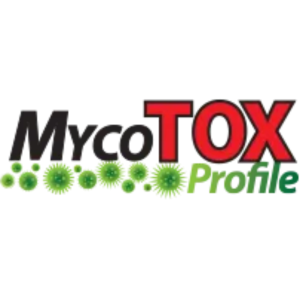
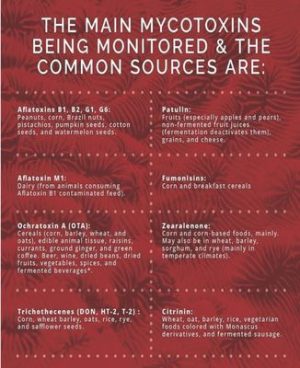
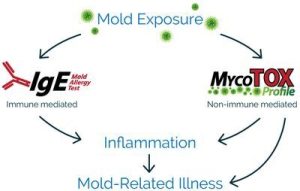

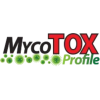
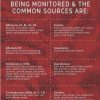
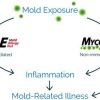
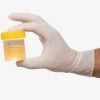

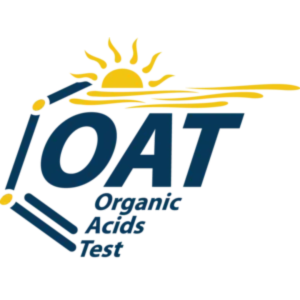
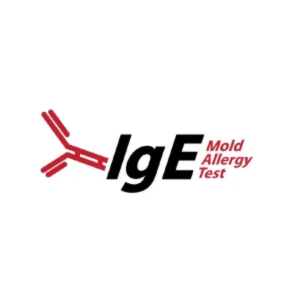

Reviews
There are no reviews yet.